New approach creates skilled robots:
MIT researchers have developed a groundbreaking algorithm that enables robots to rapidly learn and master complex tasks.


“The moment when we wrote down the terms of this equation and saw that it all clicked together, it felt pretty incredible,” Wordsworth said. “It’s a result that finally shows us how directly the quantum mechanics links to the bigger picture.”
In some ways, he said, the calculation helps us understand climate change better than any computer model. “It just seems to be a fundamentally important thing to be able to say in a field that we can show from basic principles where everything comes from.”
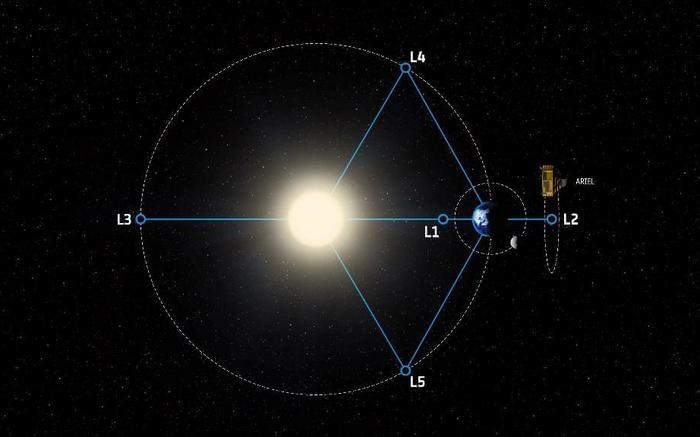
Can machine learning be used to advance exoplanet science, and can this be done by non-scientists, as well? This is what Ariel Data Challenge 2024 hopes to address as participants from around the world will compete to develop machine learning algorithms designed to analyze data from space telescopes with the goal of gaining greater insight into exoplanet atmospheres. This competition will be featured at the NeurIPS 2024 machine learning conference and holds the potential to not only advance the field of exoplanets but also enable non-scientists to conduct pioneering research, as well.
“By supporting this challenge, we aim to find new ways of using AI and machine learning to develop our understanding of the universe,” said Dr. Caroline Harper, who is the Head of Space Science at the UK Space Agency. “Exoplanets are likely to be more numerous in our galaxy than the stars themselves and the techniques developed through this prestigious competition could help open new windows for us to learn about the composition of their atmospheres, and even their weather.”
Along with the UK Space Agency, other institutions supporting this challenge include the STFC DiRAC HPC Facility, European Space Agency (ESA), and STFC RAL Space. The competition is named after the ESA’s Ariel Space Mission, which is currently scheduled for launch in 2029 with the goal of using the transit method for identifying more than 1,000 exoplanets.
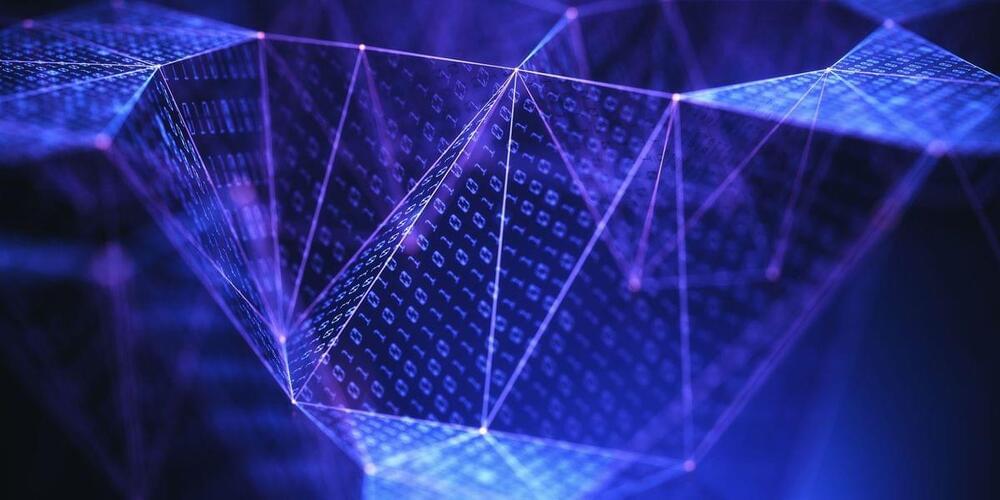
Artificial neural networks—algorithms inspired by biological brains—are at the center of modern artificial intelligence, behind both chatbots and image generators. But with their many neurons, they can be black boxes, their inner workings uninterpretable to users.
Researchers have now created a fundamentally new way to make neural networks that in some ways surpasses traditional systems. These new networks are more interpretable and also more accurate, proponents say, even when they’re smaller. Their developers say the way they learn to represent physics data concisely could help scientists uncover new laws of nature.
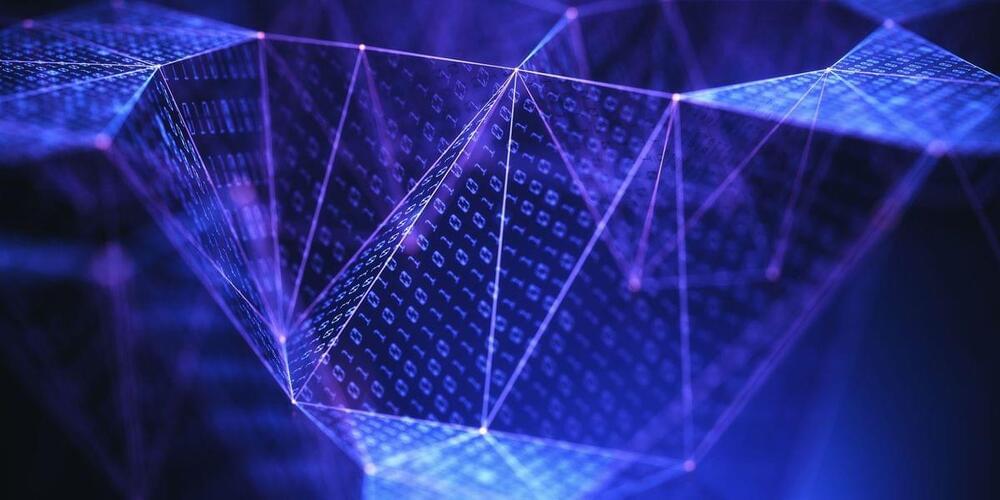
Now, scientists in China have developed robots that give human-like realistic expressions.
The humanoid robot with highly expressive facial features is developed by Liu Xiaofeng, a professor at Hohai University in east China’s Jiangsu Province, and his research team.
For the development of this robot, the research team developed a new algorithm for generating facial expressions on humanoid robots.

They also found that, although the power achieved by the conventional PSO algorithm was approximately 0.15% higher than that attained by the QPSO algorithm under the same conditions, the QPSO was able to beat the conventional PSO in more challenging conditions.
“Specifically, the quantum algorithm generates 3.33% more power in higher temperature tests and 0.89% more power in partial shading tests,” they emphasized. “Additionally, the quantum algorithm displays lower duty cycles, with a reduction of 3.9% in normal operating conditions, 0.162% in high-temperature tests, and 0.54% in partial shading tests.”
Singularity net Ben goerzel discusses artificial and general intelligence and cosmist intelligence.
Dr. Ben Goertzel discusses artificial general, non-human and cosmist intelligences with Ed Keller at The Overview Effect Lectures, which is a series positioned as a survey of some of the key operational themes critical to post planetary and universal design.
Ed Keller’s Youtube Channel — / machinicphylum.
SingularityNET is a decentralized marketplace for artificial intelligence. We aim to create the world’s global brain with a full-stack AI solution powered by a decentralized protocol.
We gathered the leading minds in machine learning and blockchain to democratize access to AI technology. Now anyone can take advantage of a global network of AI algorithms, services, and agents.
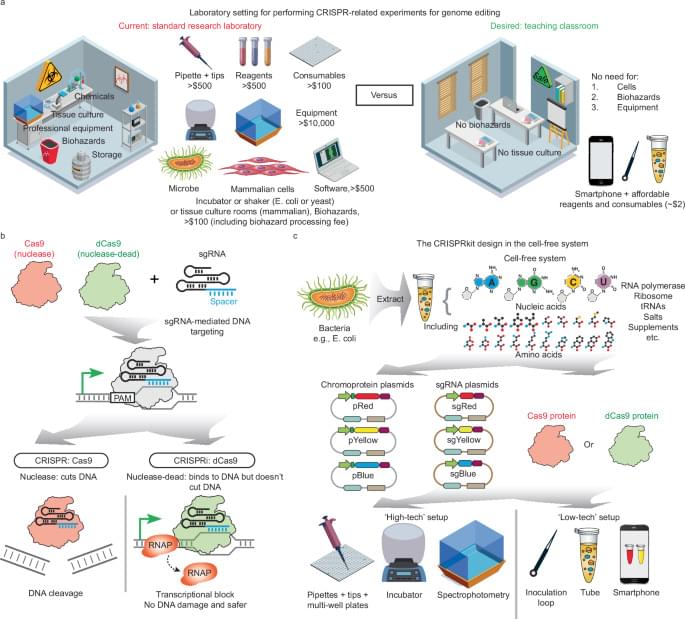
Equitable and accessible education in life sciences, bioengineering, and synthetic biology is crucial for training the next generation of scientists. Here the authors present the CRISPRkit, a cost-effective educational tool that enables high school students to perform CRISPR experiments affordably and safely without prior experience, using smartphone-based quantification and an automated algorithm for data analysis.
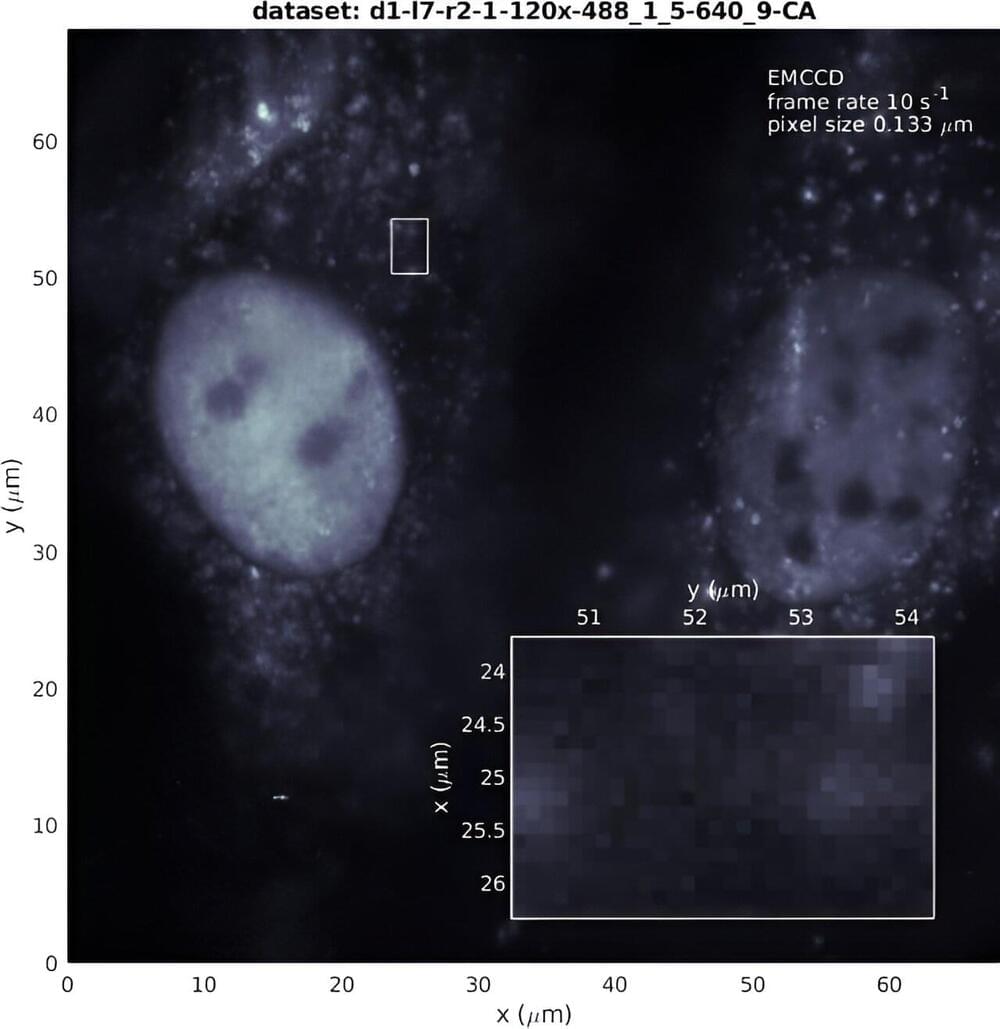

All-optical multiplane quantitative phase imaging design eliminates the need for digital phase recovery algorithms.
UCLA researchers have introduced a breakthrough in 3D quantitative phase imaging that utilizes a wavelength-multiplexed diffractive optical processor to enhance imaging efficiency and speed. This method enables label-free, high-resolution imaging across multiple planes and has significant potential applications in biomedical diagnostics, material characterization, and environmental analysis.
Introduction to Quantitative Phase Imaging.